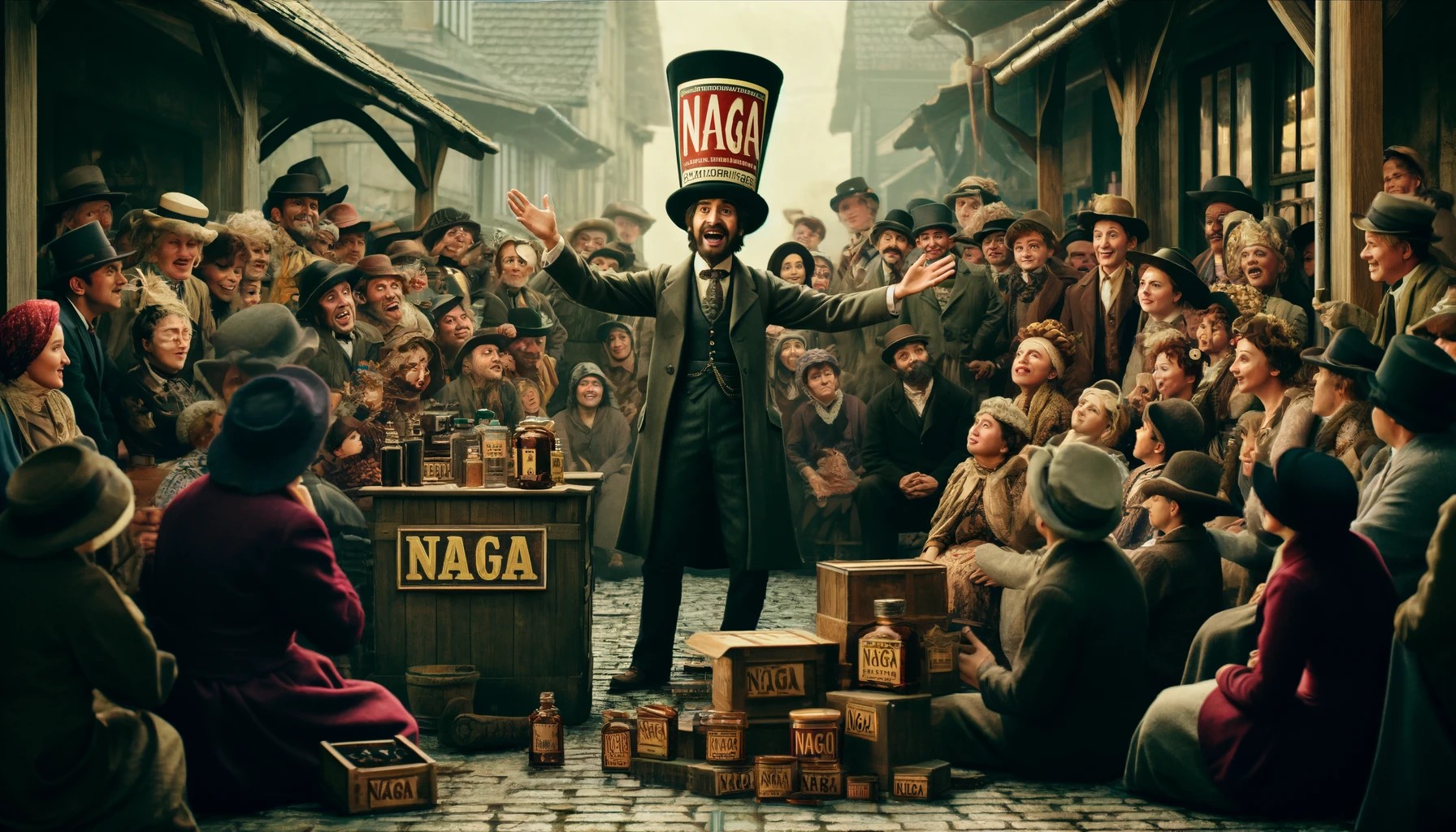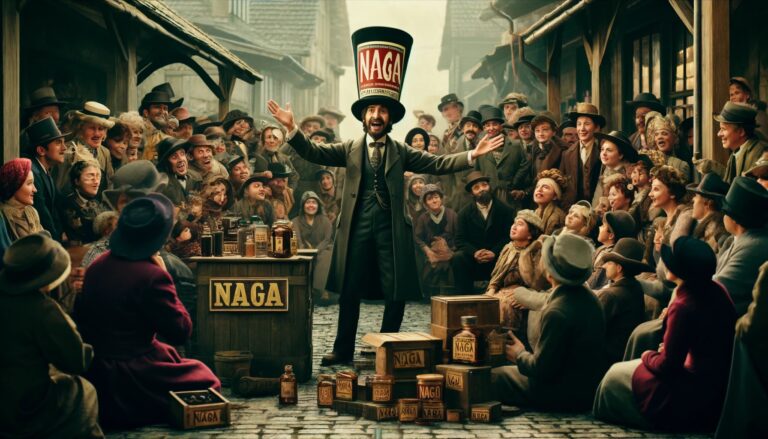Whatever one thinks of the criminal and “civil” lawsuits filed against Donald Trump (and there are good reasons to question many aspects of them), they represent the powerful state that he ‘has not disavowed, except perhaps in occasional, incoherent chatter. as long as he ruled it. And there is something special about the way he sells his supporters this type of state, provided he runs it. America was in terminal decline before him, in four years he made it great, it hasn’t been great since the election was stolen from him, but he will quickly make it great again if the election is not not faked.
Just as he views the election, he will think that the trial jury is only fair if it returns the correct verdict. He says it apparently without shame (“Donald Trump’s Hush-Money trial jury takes shape: an oncology nurse, a software engineer, a teacher“, Wall Street JournalApril 16, 2024):
After court, Trump visited a Harlem bodega for a campaign event. Asked by reporters about which jurors were selected, the Republican candidate replied: “I will let you know in about two months. »
Politicians and leaders are usually ordinary people with more dangerous incentives, and I do not want to propose others as a Platonic model. But when it comes to the probability distribution, there is something special about Mr. Trump’s character and the way he deals with truth and reality, as an article in the current issue of The Economist would suggest (“Truth Social is a stunning victory for Donald Trump», April 18, 2024). The cover of the article alone (much better than mine with DALL-E) is worth the detour. Three extracts from the article:
Since shares of Donald Trump’s media company began trading on the stock market on March 26, their value has fallen by more than half. …
The performance of Mr. Trump’s actions (at his media company) represents so far the purest demonstration of his power not only to distort reality, but also to convert illusion into reality – and also, perhaps , the way Americans come to confuse the two. …
What Mr. Trump has called “truthful hyperbole,” and others call a lie, has been at the heart of his success. When he built Trump Tower, it had 58 floors, but in numbering them, he skipped ten and claimed 68 instead. This tactic has caught up with him at times, most severely in the $355 million fine imposed on him in February after a New York judge concluded that Mr. Trump had lied for years to obtain loans and make deals – for example tripling the size of his penthouse. , and valuing his Mar-a-Lago estate in Florida based on its potential for residential development, although he relinquished the rights to develop it as anything other than a club.
*****************************

By Pierre Lemieux and DALL-E


